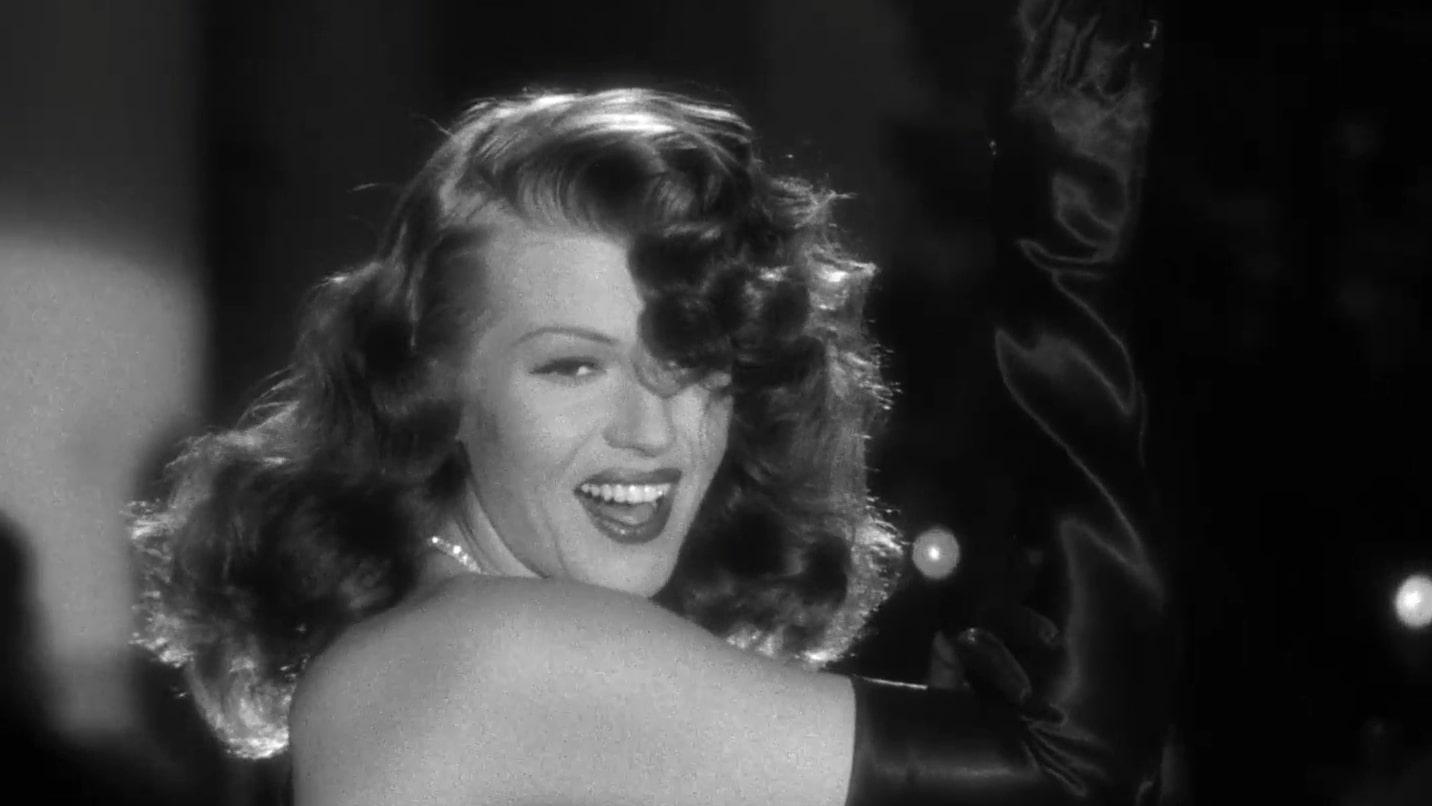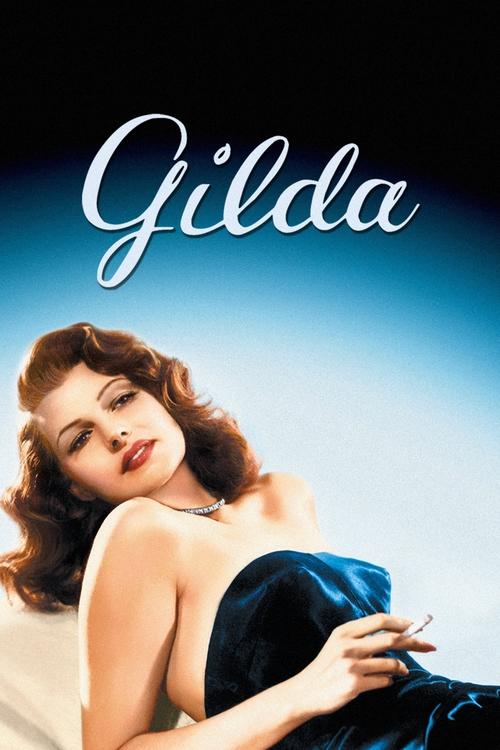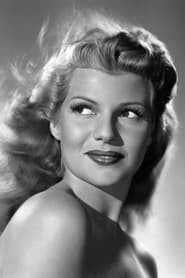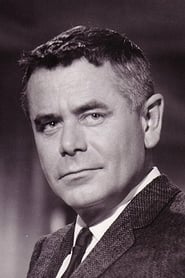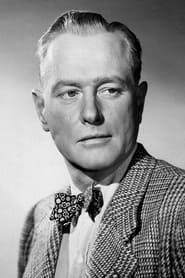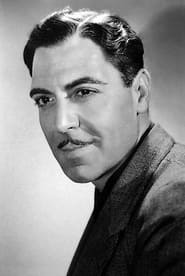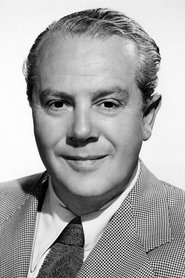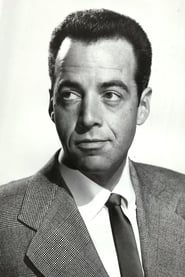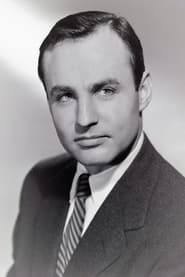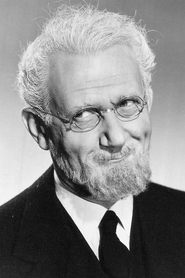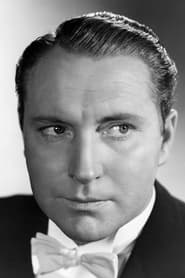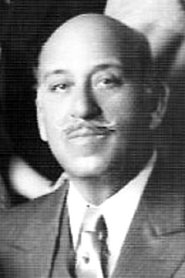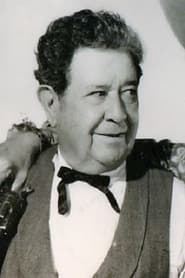Cast
View AllRita Hayworth
as Gilda
Glenn Ford
as Johnny Farrell
George Macready
as Ballin Mundson
Joseph Calleia
as Det. Maurice Obregon
Steven Geray
as Uncle Pio
Joe Sawyer
as Casey
Gerald Mohr
as Capt. Delgado
Mark Roberts
as Gabe Evans
Ludwig Donath
as German Cartel Member
Donald Douglas
as Thomas Langford
Julio Abadía
as Newsman / Waiter (uncredited)
Enrique Acosta
as Gambler (uncredited)
Ed Agresti
as Nightclub Patron (uncredited)
Sam Appel
as Blackjack Dealer (uncredited)
Sam Ash
as Gambler (uncredited)
Crew
Director
- Charles Vidor
Producer
- Virginia Van Upp
Reviews
tmdb28039023
Gilda is just like Casablanca if Casablanca had a happy ending, which would have been a bad idea even if it hadn’t been already done two years earlier in To Have and Have Not (which at least had Bogie in it).
Like Casablanca, Gilda revolves around a love triangle set in a gambling establishment in an exotic location, but while Casablanca takes place in North Africa during World War II, Gilda takes place in South America just after the war. Moreover, if Casablanca ends with "the beginning of a beautiful friendship", Gilda concludes with the continuation of a horrible romance.
Following the Rick Blaine (Humphrey Bogart), Ilsa Lund (Ingrid Bergman), Victor Lazlo (Paul Heinreid) pattern, Johnny Farrell (Glenn Ford) lives a carefree existence running a casino in Buenos Aires until Gilda (Rita Hayworth) walks back into his life hand-in-hand with Ballin Mundson (George Macready).
Macready, despite his character's unfortunate name (Victor Lazlo sounds merely foreign; Ballin Mundson is positively alien), and especially Hayworth, look their parts to a T; as for Ford, let's just say he was taller than Bogie, but there’s a big difference between height and stature.
Gilda has married Ballin after knowing him all of one day. This drives Johnny mad with jealousy; however, to Gilda's chagrin, he’s less jealous of Ballin than of her — and understandably so; casino owner Ballin is something of a mentor and father figure to Johnny, who in turn is his bodyguard, confidante, and right-hand man. In short, Johnny is betrayed by Ballin and Ballin is betrayed by Gilda with Johnny's complicity, though Johnny more to protect Ballin than to help her.
The whole thing is sick and twisted and a lot of fun thanks to Hayworth; Johnny hates her with a passion, and if we never question the authenticity and intensity of this feeling, it is not Ford's performance but hers that makes us, not only believe in Johnny’s hatred of her, but in fact even share it.
Like Bette Davis in Of Human Bondage, Hayworth owes her well-deserved fame to an absolutely infamous character. The difference is that Leslie Howard eventually wins, like Scott Pilgrim, The Power of Self-Respect, Johnny, however, ends up not only putting the pussy on a pedestal, but keeping it there.
He begs Gilda: “I want to go with you … Please take me,” and is lucky, or rather unlucky enough that Gilda welcomes him back with open arms, rationalizing this decision with the dubious logic that “No one has to apologize because we were both scoundrels, right? Isn’t it wonderful?". All things considered, some couples will always have Paris; for others, there’s always Family Court.
Sep 4, 2022
CinemaSerf
"Johnny" (Glenn Ford) is quite a streetwise gambler who finds himself rescued amidst the Buenos Aires docks by a suave stranger whose cane comes with a rather lethal optional extra. He suggests that he try his luck at a casino and when he manages to fleece the dealer of a modest fortune, discovers that it's owned by his erstwhile benefactor "Mundson" (George Macready). He manages to avoid a beating by suggesting that he put his skills to better use and well, this next bit you can guess. By the time his boss wants to take an holiday, "Johnny" is pretty much running the joint, but he's ill-prepared for the shock when he discovers that there's a new wife on the scene and that it's pretty plain for all to see that "Gilda" (Rita Hayworth) and he have some sort of past. What now ensues sees "Johnny" having to navigate the waters of a marriage in which the wife feels somewhat less engaged than the husband, and all while the local cops are keeping a very close eye on operations at the venue where gambling is illegal and bribery pretty rife. As tensions mount amongst the three, it becomes precarious for a man who has become fond of his boss and even more wary of a woman who is no slouch when it comes to scheming. On the face of it, it's just another love triangle film noir, but there are strong characterisations here from Macready, and on-form Hayworth and there is also an amiable effort from Steven Geray as the sagely "Uncle Pio" - he sort of reminded me a little of a Shakespearian fool. Even Ford, not always the most versatile of actors, turns in a well considered contribution as the smouldering takes us to a denouement that smacks of betrayal and conspiracy. Usually when there is a surfeit of writers, the dialogue can get a bit waffly, but here under the guidance of Charles Vidor, the story gathers pace cohesively and leaves us with a superior thriller that has just enough romance to make it work, but not so much to throttle it. Anita Ellis does the singing, but there are still some classy dance numbers from an elegant Hayworth too and the miming isn't so very clear, either!
Nov 3, 2024
Thematic Analysis
As a dramatic work, Gilda examines complex human relationships and emotional struggles against the backdrop of a period setting that reflects societal issues of its time. The character development particularly stands out, offering viewers a chance to reflect on their own life journeys.
Director Charles Vidor brings their distinctive visual style to this film, continuing their exploration of themes seen in their previous works while adding new elements. Their approach to character development and emotional depth creates a viewing experience that rewards close attention.
Released in 1946, the film exists within a cultural context that now offers viewers historical perspective on the social issues of that era. Its critical acclaim reflects its artistic achievements and its place in cinema history.
Did You Know?
- The production of Gilda took approximately 4 months from pre-production to final cut.
- With a budget of $2.0 million, the film proved to be a financial success, earning back its investment and more.
- The final cut of the film runs for 110 minutes, though the director's initial assembly was reportedly 154 minutes long.
- The director insisted on using practical effects whenever possible, reserving CGI for only the most necessary scenes.
- The screenplay went through 6 major revisions before the final shooting script was approved.
- The cast underwent specialized training for 5 weeks before filming began.
Historical Context
- In 1946, when this film was released:
- The Cold War was intensifying, influencing global politics and culture.
- Television was becoming a dominant form of home entertainment.
- The film industry was dominated by major studios, with independent cinema still in its early development.
How This Film Stands Out
While Gilda shares thematic elements with other films in its genre, it distinguishes itself through its unique approach to storytelling, visual style, and character development.
Unlike American Beauty, which focuses more on action than character development, Gilda subverts genre expectations by exploring its themes with greater nuance.
While films like Ma Belle, My Beauty and Giant explore similar territory, Gilda stands apart through its distinctive directorial vision and pacing.
This film's unique contribution to cinema lies in its bold artistic choices and willingness to challenge viewer expectations, making it a valuable addition to its genre.
Details
- Release Date: April 25, 1946
- Runtime: 1h 50m
- Budget: $2,000,000
- Revenue: $6,000,000

